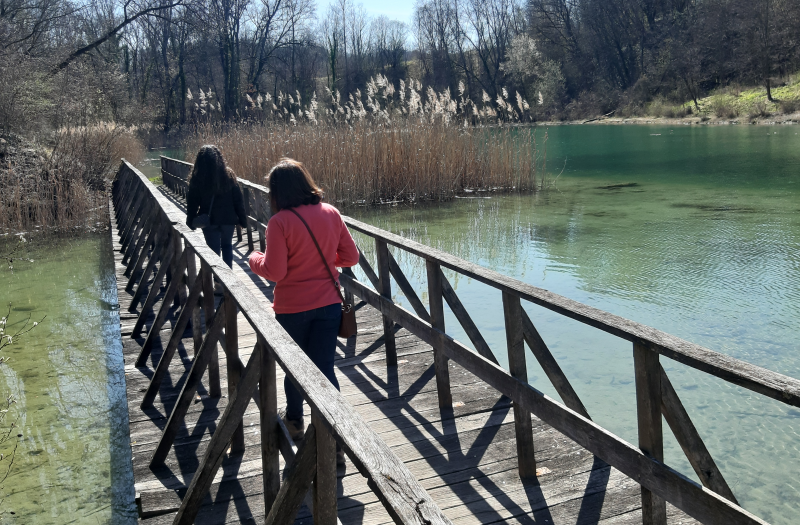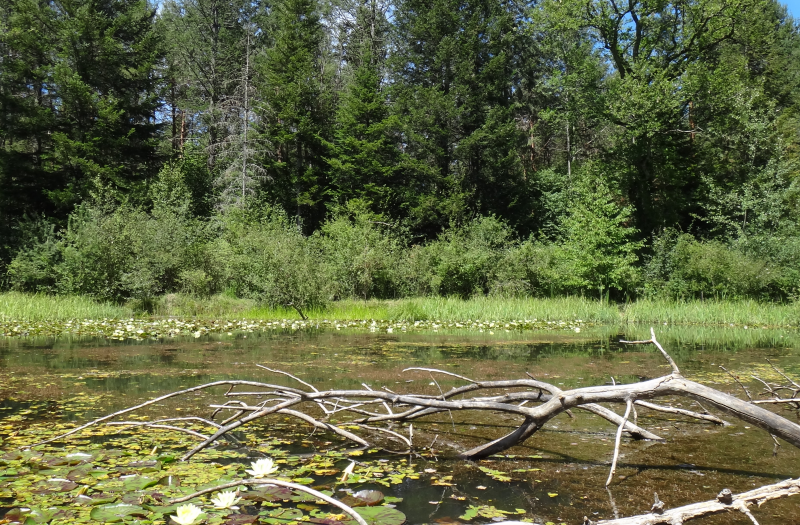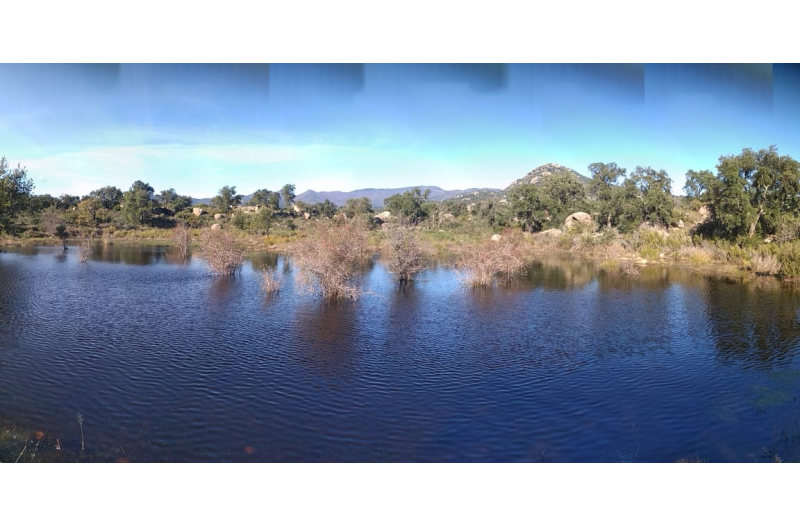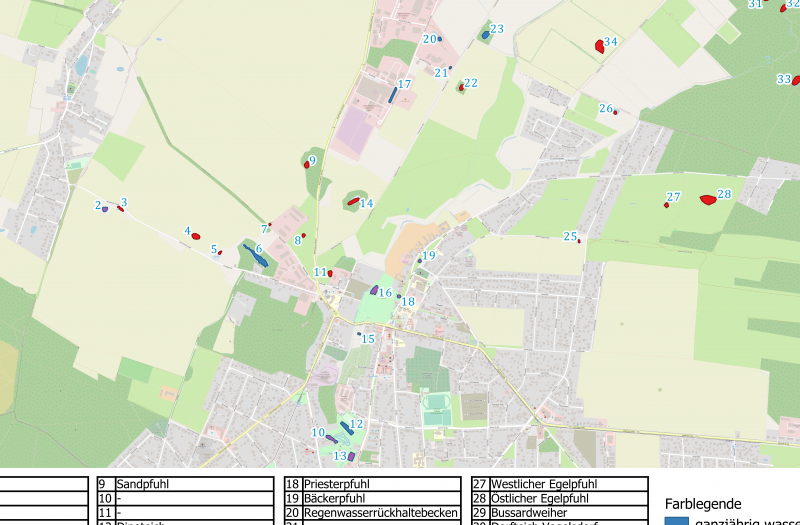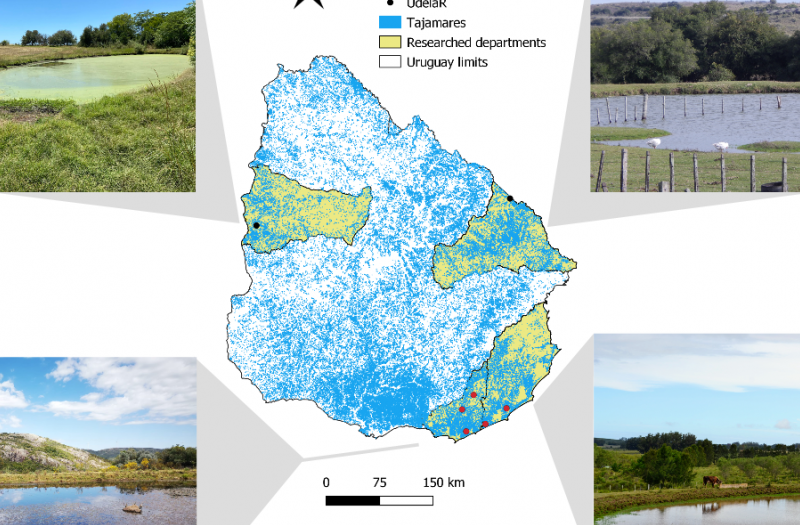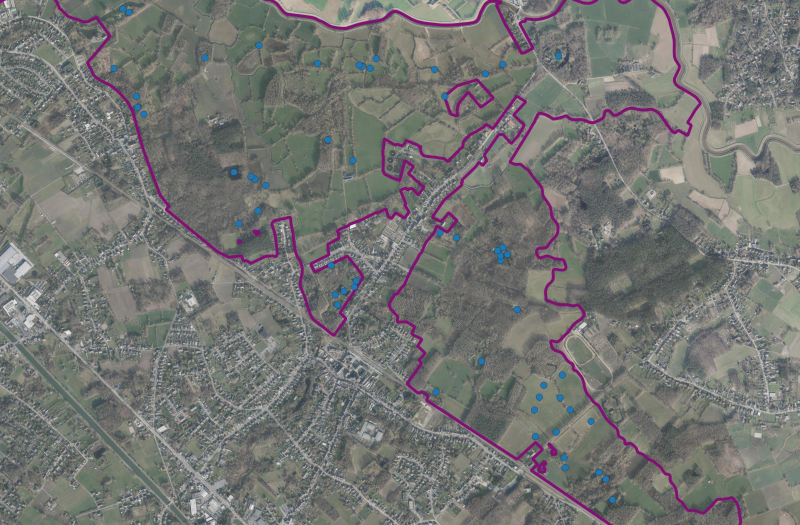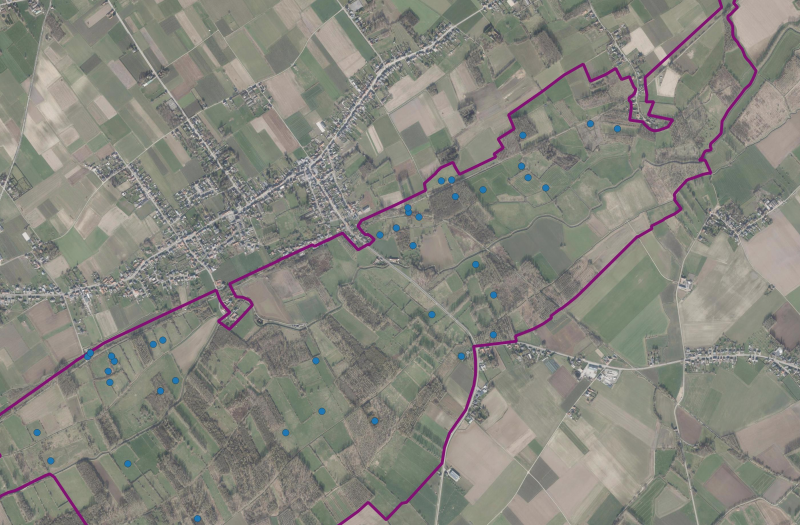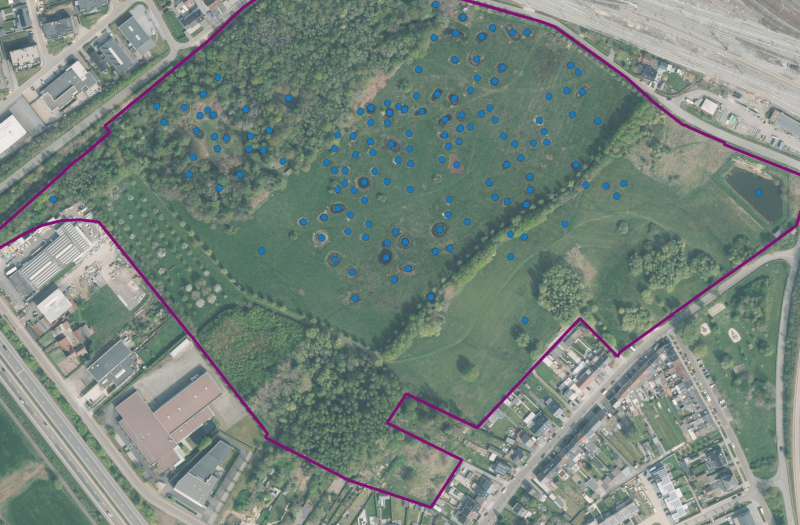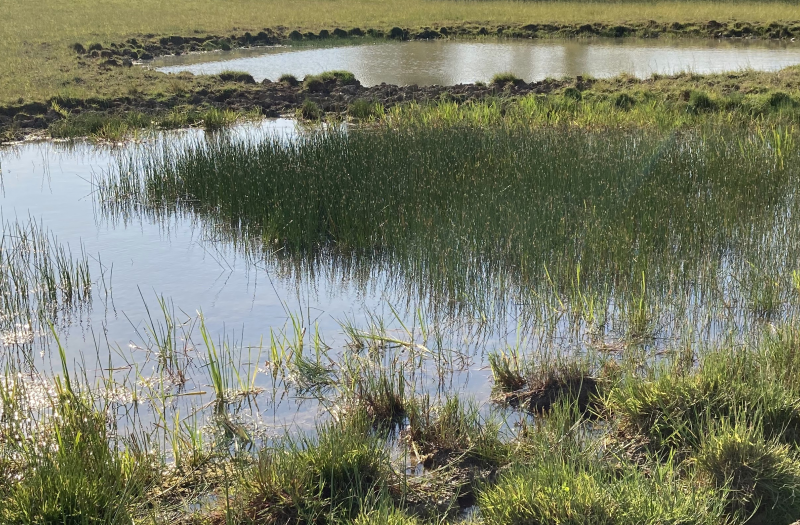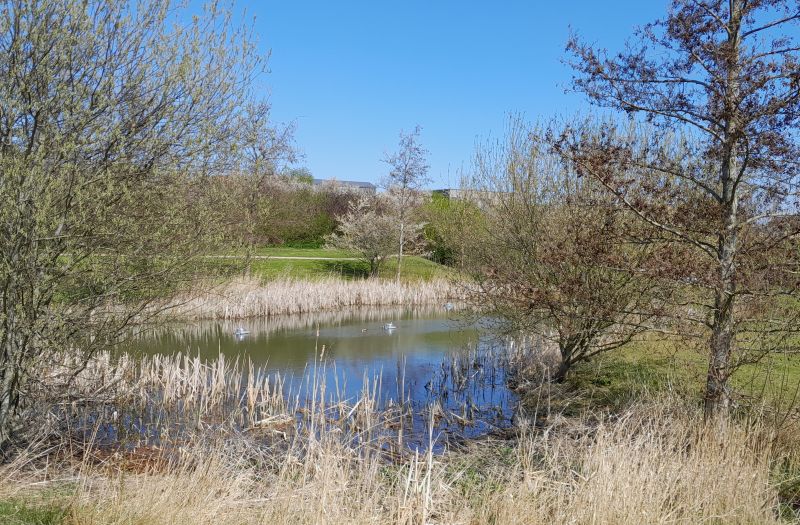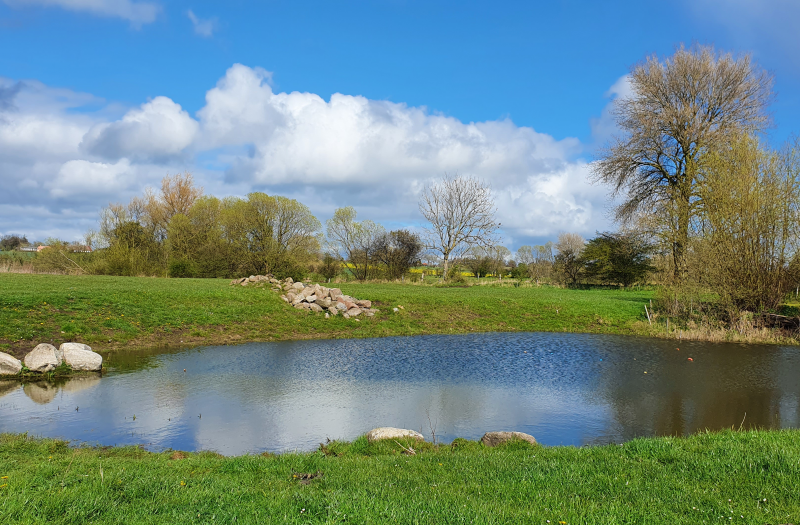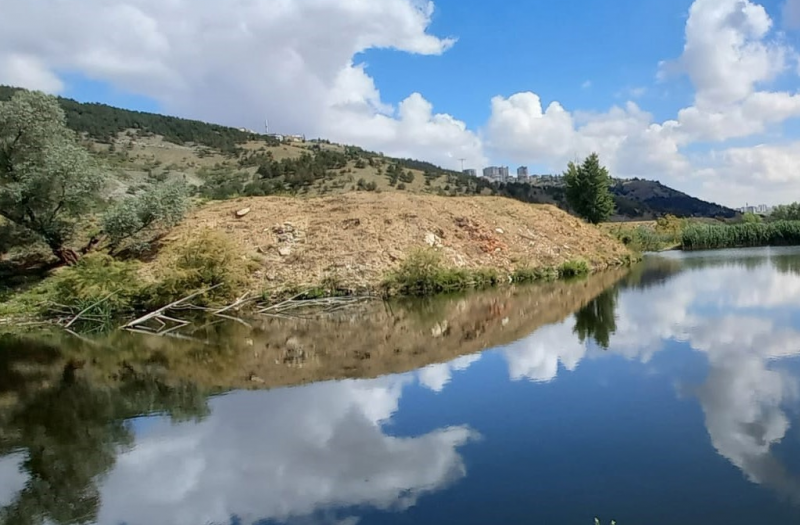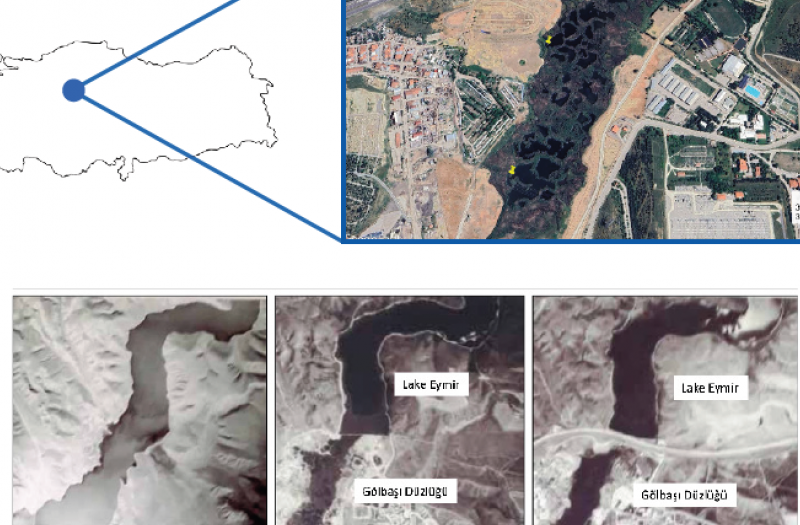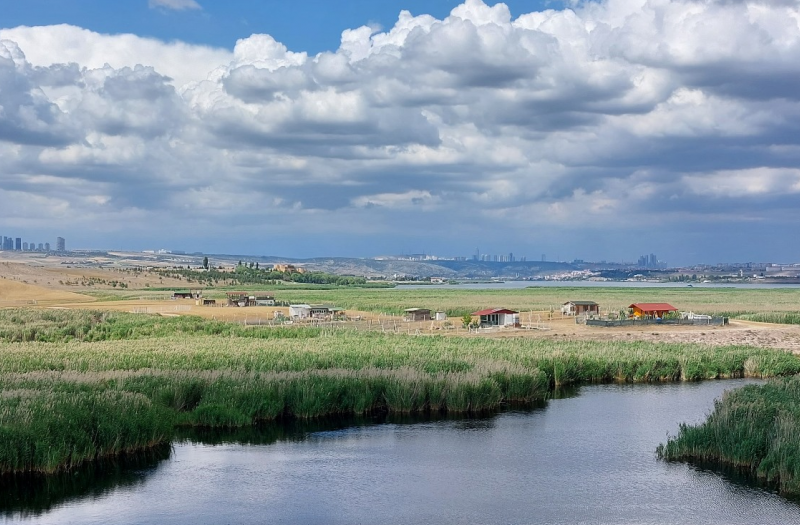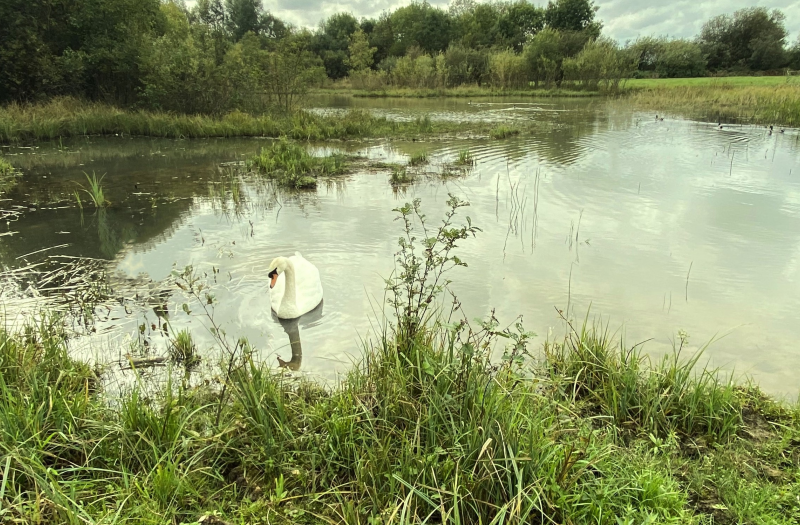The overarching aim of PONDERFUL was to develop methods for maximizing the use of ponds and pondscapes in climate change adaptation and mitigation, biodiversity conservation and the delivery of other ecosystem services. PONDERFUL results, based on more than 1900 ponds and eight demo sites, showed that ponds deliver a wide range of ecosystem services and Nature’s Contributions to People (i.e. benefits to people) and that have immense potential to function as nature-based solutions (NBS). Success stories in PONDERFUL illustrate how pond NBS address major societal challenges, including climate change and biodiversity loss, food and water security, human health and people’s wellbeing.
PONDERFUL also provided evidence that cropland in close proximity of ponds enhances pond eutrophication, impacting community composition and biodiversity of multiple aquatic organism groups. Results also revealed that the preservation of the pond’s biodiversity, as well as the conservation of the overall pond habitat, is likely to have a significant effect on maintaining ecosystem functionality. Since ponds can both store and release carbon, their role in climate regulation will depend on the proper management of the ponds, with ponds well oxygenated and with low nitrogen concentrations being more likely carbon sinks. PONDERFUL also provided priority intervention maps pinpointing the regions where ponds and their surrounding landscapes face the greatest threats to biodiversity and provision of ecosystem services.
A technical guidance with best-practices for pond NBS implementation was created, as well as a guidance for policy makers, an interactive decision tool and a sustainable finance and investment guide. Additionally, PONDERFUL has created standards for the design of climate mitigating ponds (i.e. CLIMA-ponds) which can be rapidly and widely implemented to a set of common standards.


